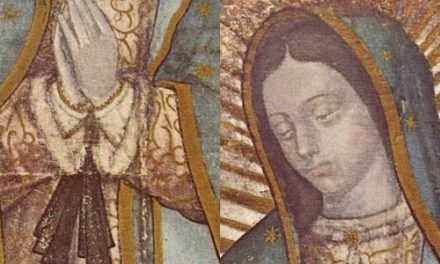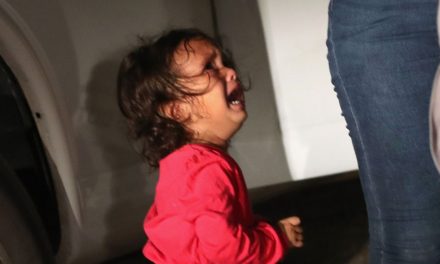See below for Charlie’s entry into the endless debates between American Catholic neo-conservatives and the actual teachings and actions of the American bishops. Perhaps it would be helpful to put into perspective what a weirdly American drama this is by looking at the work of a European bishop whose own work (not that of his conference staff!) is moving the Catholic perspective on economics forward in the same vein as called for in Caritas in Veritate.
This past May, I was fortunate to attend a symposium organized by the wonderful Lumen Christi Institute at the University of Chicago, called “Toward a Moral Economy.” The main speaker was the Archbishop of Munich, Reinhard Cardinal Marx. Cardinal Marx was on a US tour promoting what this article calls an economy “beyond capitalism.” He is also the president of the European CCB.
In his lecture – which, thanks to the wonders of technology, you can view here (as well as responses by two U of C economists) – what Cardinal Marx described was the concept of “a global social market economy.” It is not a centrally planned economy, but rather one where the state “guarantees fair structures for competition.” The goal of such action is “to bring the free market under the people.” The approach is simple: the market should be made to serve people, not people made to serve the market. This is a corollary of what Pope John Paul II, in Laborem Exercens, taught as the priority of labor over capital. This framework must, in part, be a “global regulatory framework,” simply because markets and corporations at this point are themselves global.
As he put it in the above interview:
Without the state, he said, “man does not come to the fullest possible life”, adding: “You cannot navigate the common good only with the assistance of families. It is not possible.”
Embedded in Cardinal Marx’s work are three assumptions that ought to be bedrock for any Catholic economic perspective. First, he assumes that social bodies larger than families are essential – that is, of the essence – of human flourishing. Ultimately, this fullness is found in the social Body that is the Church, but penultimately the earthly city can anticipate this sociality. Cardinal Marx assumes what you might call a “social eschatology” for humans, an understanding deeply rooted also in Pope Benedict’s eschatology in Spe Salvi, where he cautions that Christian notions of eternal life are often too individualistic and too small.
Second, he assumes that eschatology is social because of human solidarity. That is, the state – and even global authority structures – express the fundamental oneness of the human race, our common commitment to one another. The existence of larger-than-familial units of solidarity is absolutely necessary in living out this universal oneness. As I have to drive past a “get u.s. out of the U.N.” billboard every day I drive to work, I must say I find it hard to believe that some American conservatives truly believe in such a solidarity, or even a proper solidarity in one’s own country… or county!
Third, he assumes that sociality and solidarity give the actual proper end of market economies – an end that markets themselves cannot supply – and so markets are ultimately creations of and subordinated to polities. Politics should not centrally plan economies, but politics does have the responsibility to order economies to proper social ends. Markets, as Dan Finn’s work so nicely illustrates, always exist within an ecology – a framework of regulations, and an understanding of shared moral obligations.
Could we all as Catholics just agree to those three things, and then start debating particular proposals???



